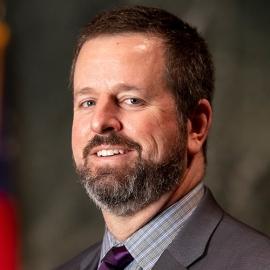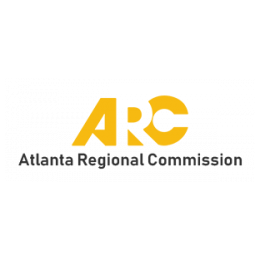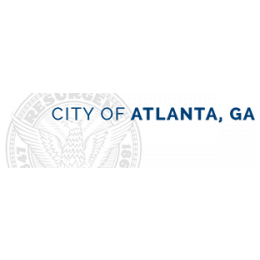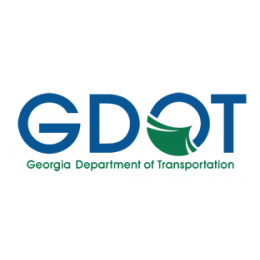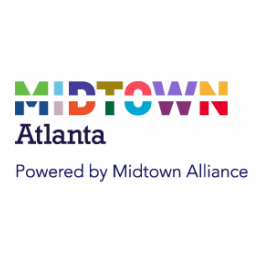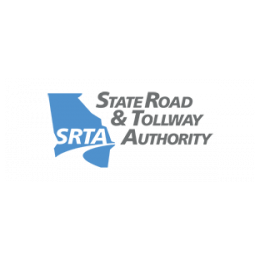MARTA Reach was a pilot of an On-Demand Multimodal Public Transit System (ODMTS) in Atlanta to improve accessibility to jobs, healthcare, and healthy food. MARTA Reach combined on-demand vehicles to serve the first/last miles, with high-frequency rail or bus routes to transport commuters on dense and congested corridors. MARTA Reach took place in Atlanta, which presents a challenging environment for mobility: Atlanta is the 11th most congested city in the country and MARTA, its public transit agency, only serves about 10% of the commuting share. The pilot project tested the efficiency of an ODTMS and provide information on whether a large-scale version would work across MARTA’s service area as the agency is undertaking a comprehensive redesign of its bus network. The service was tested in areas where there is a need for greater transit accessibility in West Atlanta, Belvedere Park, and Fort Gilem. It connected to nearby fixed bus route transfer hubs, such as rail stations and Park & Rides, and use MARTA’s current fare of $2.50 with transfers included. The following video reviews the outcome of the project.
MARTA Reach was partly supported by The National Science Foundation (NSF), in partnership with the Department of Energy, which has awarded a $1 million Stage 2 Civic Innovation Challenge grant to a team led by A. Russell Chandler III Chair and Professor Pascal Van Hentenryck at Georgia Tech in cooperation with MARTA and the Atlanta Bicycle Coalition. To implement this pilot, the project brought together a truly multi-disciplinary team composed of MARTA, the 8th largest transit agency in the US, the Altanta Bicycle Coalition, a transit advocacy group, and researchers at Georgia Teach who have pioneered the concept of ODMTS and have significant experience in all aspects of the project. The pilot was operated by MARTA using the software infrastructure provided by Georgia Tech. The community engagement was driven by the researchers in symbiosis with MARTA’s Office of Stakeholder and Public Engagement, using advice from the Altanta Bicycle Coalition.
The transition from the ODMTS concept to a field pilot raised significant community challenges. The service should be accessible to all population segments and bridge the digital divide that exists for multiple population segments. This requires flexible payment options; flexible communication methods; and (3) multi-language mobile applications. The pilot cannot assume that riders will have credit cards, access to a cellular plan for a smart phone, or speak English. To evaluate success, the project will provide a counterfactual study comparing the baseline performance of the existing system and the proposed pilot, based on the following metrics: transit ridership, wait and in-vehicle travel time, accessibility, and satisfaction. These metrics quantify accessibility, performance, and appeal of the ODMTS, and will provide invaluable information for future transit systems.
Talks
Pilot - How the system works
MARTA November 18, 2021 - Board Committee Meeting
MARTA Reach - Project Outcome
Mobility Patterns in Atlanta
News
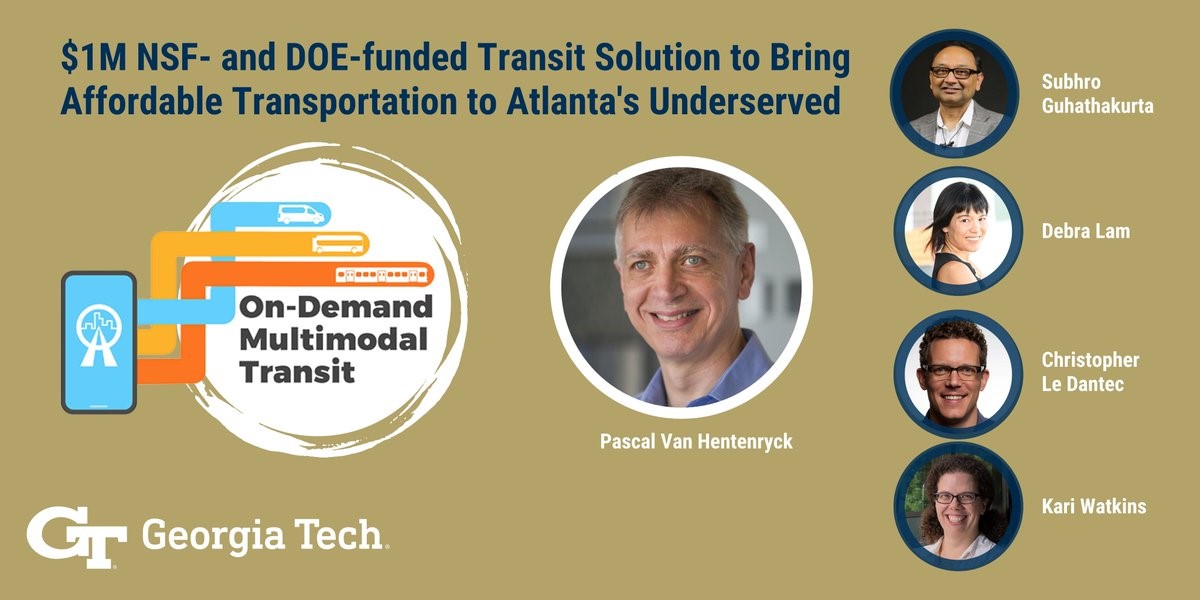
On-Demand Multimodal Transit Solution to Bring Equitable, Affordable Transportation to Atlanta’s Underserved Communities
The National Science Foundation (NSF), in partnership with the Department of Energy, has awarded a $1 million Stage 2 Civic Innovation Challenge grant to a team led by A. Russell Chandler III Chair and Professor Pascal Van Hentenryck to pilot an On-Demand Multimodal Transit System (ODMTS) in Atlanta.
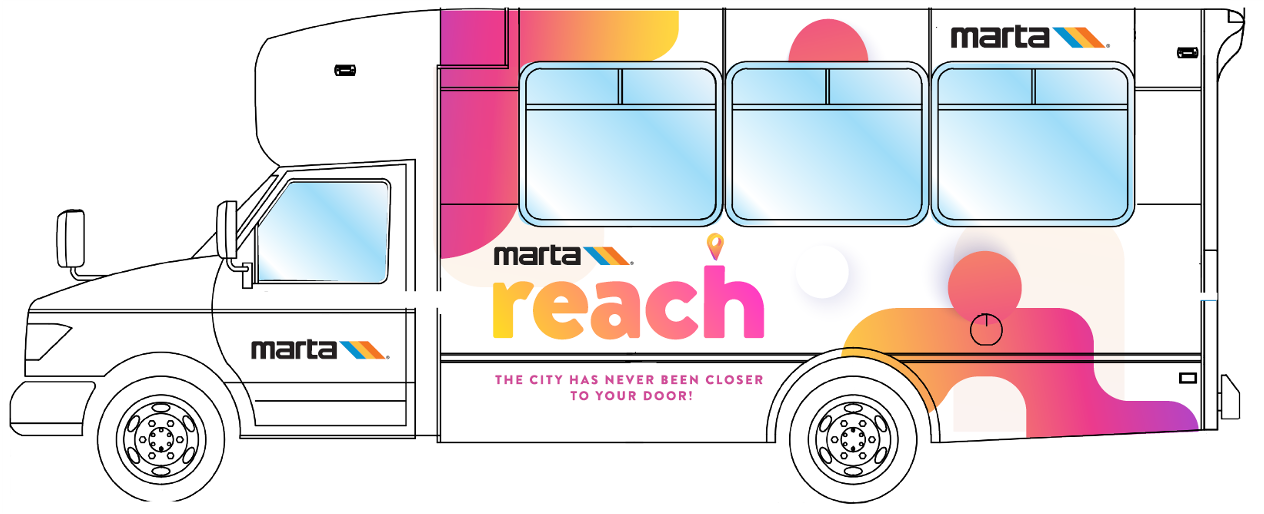
MARTA, Georgia Tech Awarded Grant to Pilot On-Demand Multimodal Transit System
Civic Innovation Challenge Award Provides $1M for Community-Based Mobility Solution
Researchers






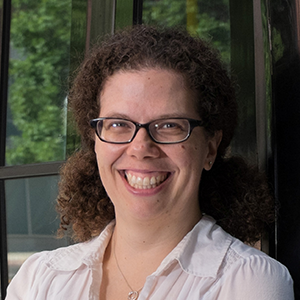
External Advisory Board









